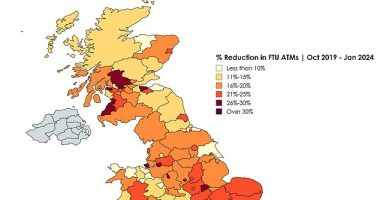
Halifax is facing a customer backlash following an update to its terms and conditions.
Under the bank’s new rules, it may restrict the amount you have in your savings account either by applying a limit or charging you if you go over a cut-off if economic circumstances warrant it.
The same changes have been made by other members of the Lloyds Banking Group, Lloyds Bank and Bank of Scotland.

Under new rules, Halifax may restrict the amount you have in your savings account either by applying a limit or charging you if you go over a cut-off
However, experts say customers should not be unduly concerned as banks and building societies often do this to ration the amount of money on which they pay top rates.
For example, they might limit how much you deposit in a top-paying fixed-rate bond. Or they could restrict the amount you can put into a regular savings plan to, say, £250 or £300 a month.
Anna Bowes, from Savings Guru, says: ‘It is not unusual to have a cap on the amount in savings accounts.
If the banks introduce a charge you need to move your money. Look to do so anyway because rates paid by big banks are so uncompetitive.’
A Lloyds Banking Group spokesman adds: ‘We have no plans to do this at present and would give 60 days’ notice in advance of any changes.’










